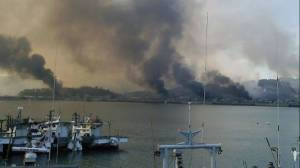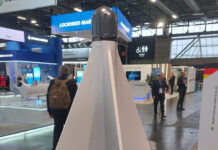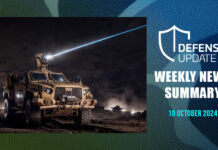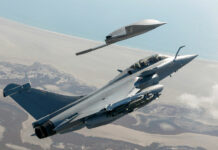
North Korea fired scores of artillery shells at the South Korean Yeonpyeong island on Tuesday, killing two soldiers. Two soldiers were killed in the attack, 17 wounded. Three civilians were also hurt. The South Korean army returned fire with artillery and scrambled fighter planes to the area. South Korea was conducting military drills in the area at the time but said it had not been firing at the North.
It is not the first time the north fires at the island (the last attack came in January 2010) but today’s attack was the largest and most massive since the end of the Korean War. The Island is close to a disputed maritime border on the west of the divided peninsula that has seen clashes in the past. Yeonpyeong is located 120 km (75 miles) west of Seoul, close to the North Korean coast.

The attack came as the Pyongyang – backed by China, are pressing regional powers and the west to return to negotiations on the North’s nuclear weapons program. Part of this pressure was the revelations of the new uranium enrichment facility at Yongbyon. The tension between the two countries rose sharply early this year after Seoul accused the North of torpedoing one of its navy vessels, killing 46 sailors.
While South Korea adopts a hard line against the North, its flexibility in retaliation is limited due to North Korean overt determination to escalate the conflict. While South Korea maintains an impressive military power, its role is mostly defensive, as Seoul is reluctant to escalate a conflict that could devastate its economy. The U.S. has about 28,000 troops in South Korea.
On the other side of the border, North Korean has over a million soldiers in uniform, and a massive rocket and artillery pointed at the South capital Seoul, putting a over 25 million people at risk. The two Koreas are still technically at war — the Korean War ended only with a truce – North Korea said its wealthy neighbor started the fight.
North Korea, one of the world’s poorest economies, is dependent on China for economical support. China has urged returning to the nuclear disarmament negotiations but has also fended off calls from Washington and its regional allies to use its vital food and energy aid to North Korea as a lever.
















